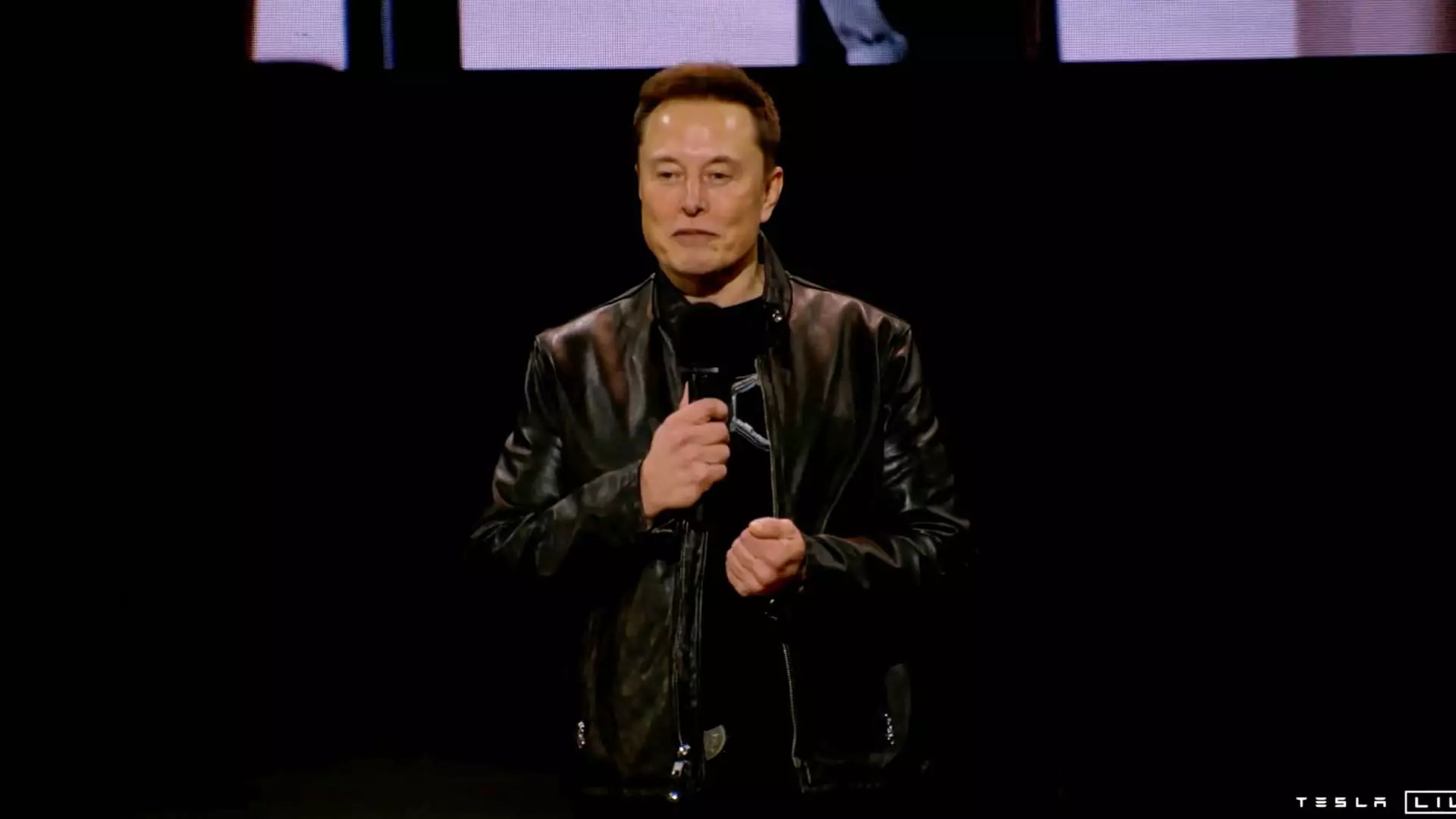Tesla, a leading player in the electric vehicle market, has garnered attention not just for its innovative technology but also for the controversial messages circulating on its social media platforms. Recently, the National Highway Traffic Safety Administration (NHTSA) issued a warning to Tesla regarding potentially harmful suggestions emanating from its official communications. The agency articulated concerns about how these messages could mislead the public into believing that Tesla vehicles are fully autonomous when, in reality, they require active human supervision.
The issue at hand is particularly serious as the NHTSA highlighted instances where Tesla’s own social media postings seemed to promote disengagement from driving, which contradicts the fundamental safety protocols that the company itself endorses. In an era where the public is becoming increasingly reliant on technology, such miscommunication could lead to dangerous overconfidence among drivers who may mistakenly believe that they are free from the responsibilities of operating their vehicles.
Tesla’s push for its Full Self-Driving (FSD) system has sparked considerable debate. The technology, hailed as a leap towards autonomous driving, is not without its flaws. It still necessitates a vigilant driver prepared to intervene in any scenario. Yet, in promotional content shared on platforms like X (formerly Twitter), Tesla has perpetuated narratives suggesting that users can trust the FSD capabilities to function seamlessly. This disjunction between Tesla’s intended functionality and public perception poses significant risks, particularly when drivers misinterpret the level of automation their vehicles actually possess.
The NHTSA’s correspondence also pointed out an alarming trend: posts that seemed to encourage operating FSD while under the influence of alcohol or while fatigued. Such messaging not only fails to align with responsible driving principles but throws into question the ethics of Tesla’s marketing strategies. By potentially glamorizing dangerous behavior, the company lapses into a realm of negligence that could have fatal repercussions.
In this context, the NHTSA has placed Tesla on notice. The agency has demanded that the automaker clarify its communications to ensure they reflect the true capabilities of its technology. With a deadline set for December 18, 2023, Tesla faces a formidable task—not just to appease regulators but to uphold its integrity and commitment to consumer safety. Additionally, the implications of failing to comply with NHTSA’s requests could lead to significant penalties, amounting to over $135 million. This serves as a stark reminder of the systemic accountability that companies are increasingly subjected to as technology evolves.
Elon Musk’s ambitions to lead the charge in autonomous vehicle regulatory standards may garner industry attention, yet they also necessitate a thorough reassessment of how these vehicles and their capabilities are marketed. The potential clash between innovation and accountability is evident, underlining the importance of clear and responsible communication.
As autonomous driving technology continues to advance, the dialogue around its implementation must also evolve. It is crucial for manufacturers like Tesla to adopt a more cautious approach in their messaging. To bridge the gap between promise and performance, fostering greater transparency will be key in establishing public trust in emerging technologies.
A collective effort to prioritize safety over sensationalism could reshape the narrative surrounding electric and autonomous vehicles. Only through responsible promotion and adherence to regulatory guidance can the industry ensure that these advancements serve to enhance—not endanger—drivers and pedestrians alike. Ultimately, the stakes are high, and the path forward must be carefully navigated to prevent miscommunication that could result in tragic outcomes.

